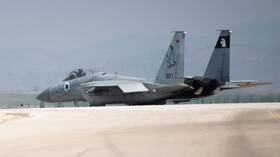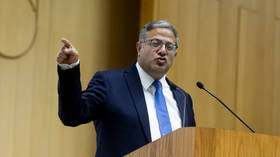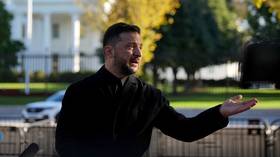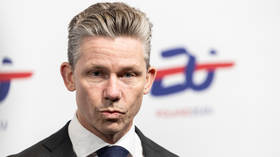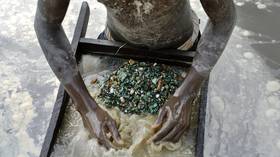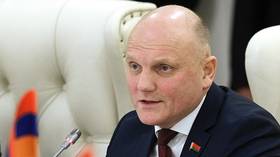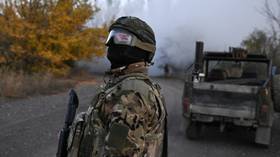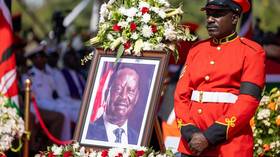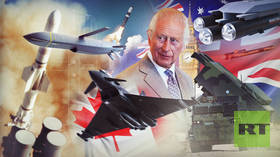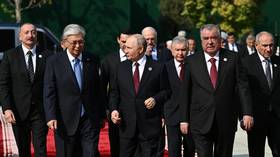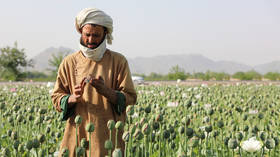Putin enacts key treaty with Iran
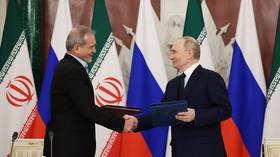
Russian President Vladimir Putin has ratified parliamentary approval of a crucial treaty with Tehran, which he originally signed with his Iranian counterpart Masoud Pezeshkian in January.
The Comprehensive Strategic Partnership Agreement, which Putin implemented on Monday, formalizes a commitment to building stronger relations across multiple areas, from national security, to peaceful nuclear energy to joint resistance against unilateral sanctions.
Foreign Minister Sergey Lavrov emphasized last week that the treaty was being finalized “despite the challenging regional and global landscape and attempts to exert pressure on our nations,” by third parties.
In recent weeks, US President Donald Trump has threatened military action against Iran unless it agrees to curtail its nuclear activities sufficiently to guarantee that it cannot use them to develop weaponry — an aspiration the Islamic Republic has vehemently denied.
The JCPOA, a 2015 agreement between Iran and the leading world powers, aimed at preventing such weaponization. However, it was undermined when Trump withdrew the US from the pact during his first term, aligning with Israeli Prime Minister Benjamin Netanyahu in condemning the deal as the “worst-ever.” Recently, Washington and Tehran have engaged in indirect negotiations in Italy and Oman.
American officials insist any new agreement must require Iran to either dismantle its stockpile of enriched uranium or transfer it to another nation, with Russia being a potential candidate, sources cited by The Guardian have claimed. Meanwhile, Iran seeks assurances that the US would face substantial consequences should it withdraw from the new deal similar to its exit from the JCPOA in 2018.
Moscow has played a significant role in supporting Iran’s civilian nuclear program, notably through the construction of the Bushehr power plant. This project, which initially involved German developers before the 1979 Islamic Revolution, was revived in the 1990s when Russia’s state atomic agency, Rosatom, took it over. The first reactor at Bushehr was commissioned in 2011, and earlier this year, Tehran reported that progress on Units 2 and 3 stood at 17%.
